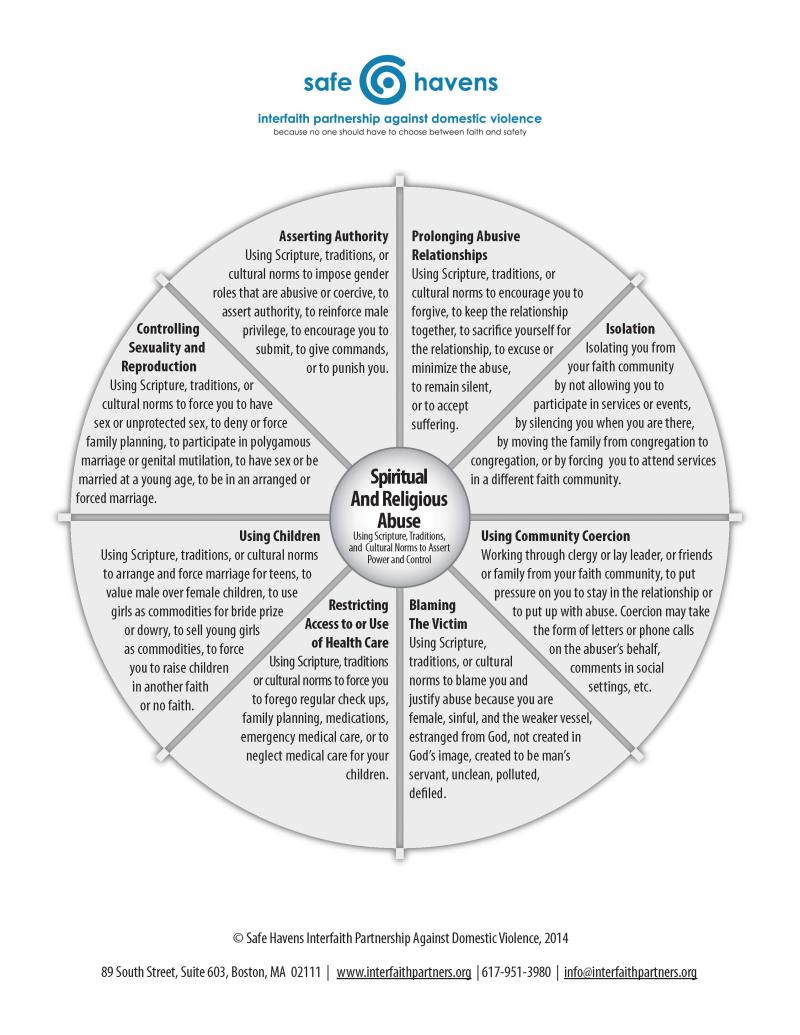Opinion: Social workers must know intersection of domestic violence and spiritual abuse
Domestic violence (DV) and intimate partner violence (IPV) are both a pervasive and chronic pandemic that acts with impunity and defies race, ethnicity, age, sex/gender, ability, and religion. Therefore, being knowledgeable about community resources, such as the National Domestic Violence Hotline, learning verbiage which informs the phenomenon such as knowing the difference between domestic violence and intimate partner violence and building location-based competency (i.e. Identifying, understanding, and applying state-mandated reporting laws) are imperative skills to develop if one is to emerge into a competent social work practitioner.
Emerging social workers must also understand that DV and IPV not only penetrates every genre of social work practice; they are also sustained by the very macro entities survivors depend upon to escape both phenomena.
For example, as it relates to survivors of DV / IPV, use of religion and/or spirituality are oftentimes integral to the journey of survivorship and healing. We also know that perpetrators of DV / IPV oftentimes use religion to diminish the spirituality of their spouses/partners/children/family members that they are wielding harm upon.
Studies, research, and practice experience allows us to know, as social workers, that perpetrators who use religion as a control mechanism generally incorporate aspects of religion into their tactics of harm in the following ways:
- Use religious texts, quotes, and values to justify abuse.
- It is not uncommon for perpetrators to belong to faiths that promote marriage; thus, they may use the "esteem" of religion as to convince the survivor(s) to actively participate in silence.
- Perpetrators may use religion and faith teachings to convince the survivor(s) that making decisions to leave the relationship or choosing to not stay in toxic submissive roles are directly against their beliefs and/or their higher power.
- In the event the perpetrator is a religious leader, they may use their power/privilege within the community to intimidate and/or psychologically force the survivor(s) into silence.
Because of this, as social workers, we must remain non-judgmental when survivors of DV / IPV have a negative visceral reaction towards doctrine, relics, and/or rituals related to religion, spirituality, and faith. In social work, our personal spirituality as well as the spirit of humanity - housed within the profession, are to be exhibited towards survivors through understanding, decency, and kindness and NOT through the forcing of beliefs and doctrine which may be the same tactics used by their abuser.

Just as no one should have to choose between hurting and love (because love DOES NOT hurt), in the words of interfaithpartners.org (2014), "no one should have to choose between faith and safety." This is one small concept, of the many, that leads to professional humility and competent social work practice.
Dr. Candice Beasley, DSW, LCSW-BACS, is a Clinical Associate Professor at Tulane School of Social Work with many years of experience in offering therapeutic services to survivors. She ensures that concepts of DV and IPV are incorporated into the courses she teaches at Tulane School of Social Work.

